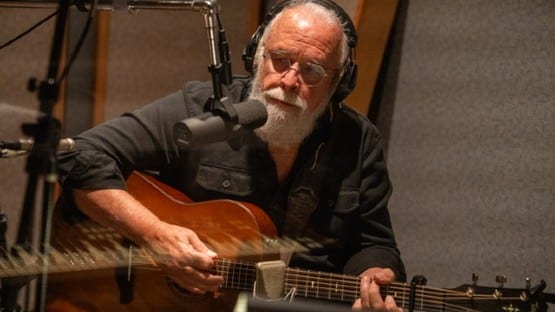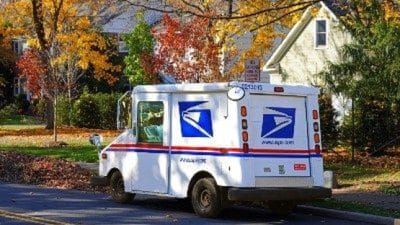
“Many of these highly talented workers they are seeking for their headquarters will demand a transport system that allows them to use different modes,” said Ralph Buehler, an associate professor in urban affairs and planning. “They can choose to drive but they also have the option to ride a bike, to walk, and to have public transportation right there.”
Buehler studies transportation on a daily basis at Virginia Tech’s School of Public and International Affairs, located in Alexandria, Virginia. He specifically works on transportation issues, policy, and planning. So when Amazon announced that its new headquarters would be built in Crystal City, Virginia, Buehler knew the company made a good choice, especially in terms of transport.
“It’s easy access to the airport, easy access to Metro; there’s great access to walkways and to bicycle networks,” Buehler said.
After Amazon’s news, Virginia Tech also made a big announcement: plans for an Innovation Campus to be located just down the road. The campus will be a global center of technology excellence and talent production, supporting graduate education, attracting top-tier faculty, sparking research and partnerships, and igniting the region’s innovation economy. Between the Innovation Campus and Amazon, Buehler anticipates transportation needs will grow.
“There needs to be a solid, pedestrian or bicycle network or an electric scooter network, whatever the mode will be,” Buehler said. “The commute is typically causing the most congestion because many people are traveling at the same time in the same direction.”
While new transportation modes are being established, commuters can rely on Alexandria’s multimodal transportation system, which offers different options, like the Metro, bus, walking, and cycling. Already in place is a bus rapid transit system.
“That’s a dedicated right of way for buses where cars cannot go,” Buehler said. “It has its own light signal to pass the intersection to bypass the congestion.”
Buehler started working at Virginia Tech in 2008 and was attracted to the D.C. area because of its transportation.
“[There] are great cases to study here on the local level, but then of course, because we are in the National Capital Region, [there are] national associations [like] the Federal Highway Administration, the Federal Transit Administration, national lobbying groups, and other organizations,” Buehler said. “So you get the national scope as well. And then, lastly, you also have a lot of international outlook here.”
Beyond transportation, Buehler is excited for the Innovation Campus and Amazon.
“Even more technologies and new developments can be studied rolling out here in real time,” said Buehler. “Virginia Tech can not only be first in developing some of these technologies, but also in helping Amazon and others study the effects and the impacts and the development of these technologies.”
The Innovation Campus will deliver leading programs in computer science and software engineering, with specializations in domains such as technology and policy, machine learning, and artificial intelligence, but Buehler said Virginia Tech’s role isn’t only in tech, but also in policy and planning.
“Many technological innovations have the potential to change our lives,” said Buehler. “But they have to be thought through with some policy and planning advice, and Virginia Tech is very well positioned to have strengths in all of these areas.”










